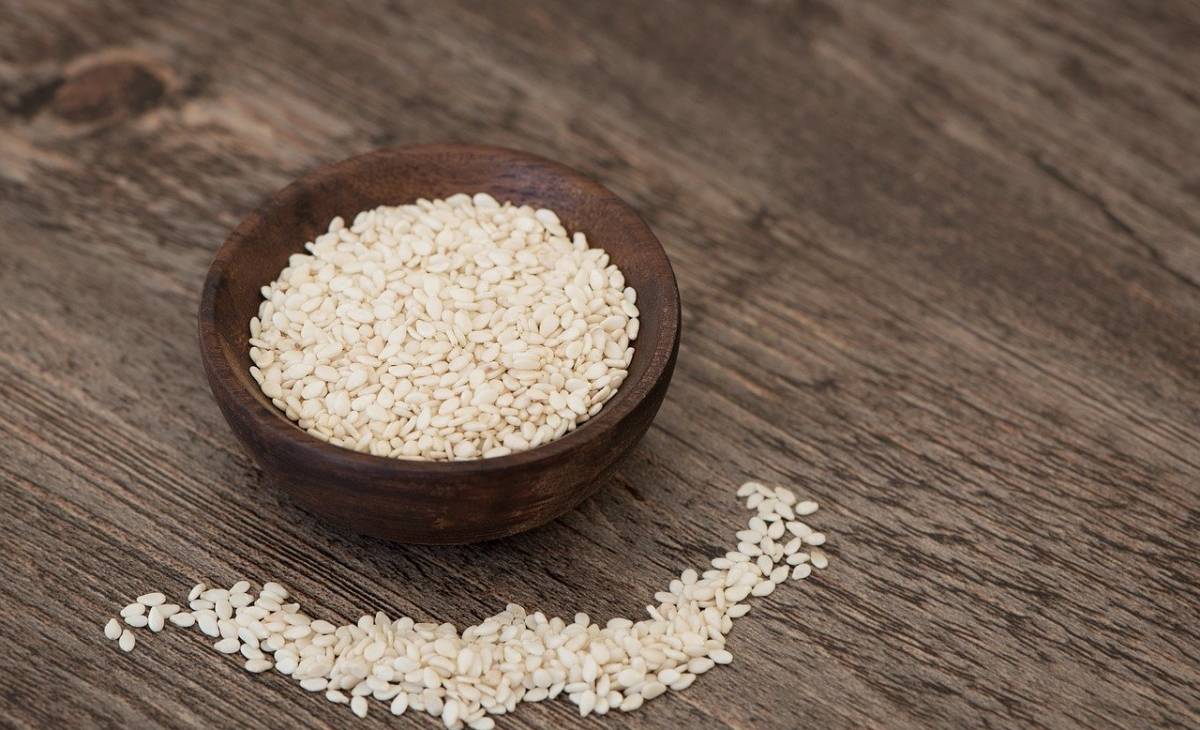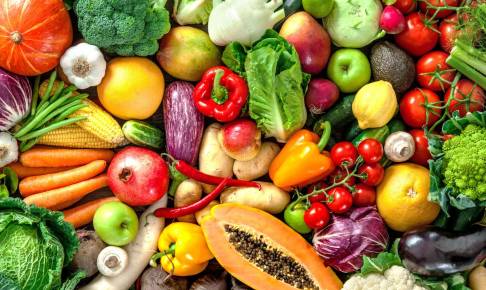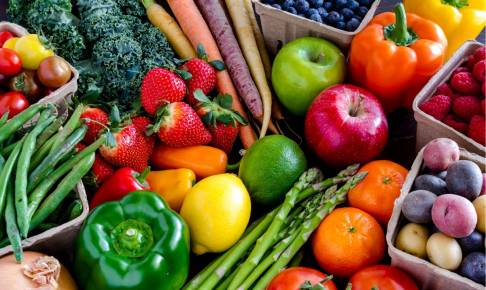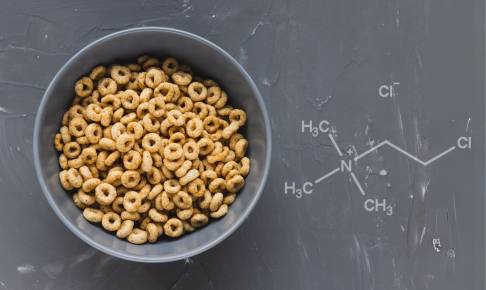Ethylene oxide found in imported sesame seeds: should the EU raise food controls?
Every year, about 70 000 tons of sesame seeds are imported to Europe, and half of them are from India. This data manifests the idea of the diffusion of the ingredient, which is found to stand alone as a spice or as an ingredient in many bakery products, like bread, pretzels, and croissants. Given the prominence of baked goods in the EU, major concerns have been recently risen by members of the EU, regarding the high levels of ethylene oxide found in imported sesame seeds.
In September 2020, Belgium has found ethylene oxide levels thousands of times higher than the EU limit of 0.05 mg/kg. Following, a long list of European countries - including Finland, Germany, Spain, Ireland, Poland, UK, Italy, and recently France - reported the same problem regarding sesame seeds imported from India. More than 20% of all products with contaminated sesame seeds are labeled as organic.
Ethylene oxide was used in Europe to decontaminate silos of crops until 1981, when it was removed because of concerns about its toxicity (1). Nevertheless, there are some countries such as India where this pesticide is still in use. Indian farmers use it to prevent Salmonella spp. or other microbial contamination in their products.
As for the risks concerning consumer’s health, the UK Food Standard Agency indicated that there is no need for a full consumer recall of sesame seeds. According to the UK Food Standard Agency, ethylene oxide could be dangerous for human health only if it is consumed regularly for a long period of time and in massive quantities. However, on the February 17th, the French Economic Affair Commission has published a report titled “Sesame seeds: new example of the ingenuity of the authorities on imported foodstuff”, accusing the EU imported food control system for lack of accuracy (2). This report was centered around three main points:
- the unrandomized controls, which were based on a risk assessment and controlled more imported food from certain countries than others;
- the EU low budget on food safety controls, that is only 0.5 € per 1 000 € of imported food;
- the general lack of controls on a large number of substances.
According to the report, the EU set regulation for 1 498 different active substances in food. There are strict maximum residue levels for 907 of them. Despite this, the EU controls on imported food focused only on 176 of them2, leaving a huge amount of substances levels undetected. Ethylene oxide was one of them due to its use in the sterilization of medical devices and the difficulty to distinguish it from dichloroethanol, an allowed molecule that could be found naturally in some food. In any case, it was a surprise to find such large quantities of ethylene oxide in Indian sesame seeds given that it was not used to fumigate food and crops for a long time in Europe. Moreover, these high levels were not reported by an official institution, but by internal controls of private companies.
Considering the lack of control, it is unknown when the use of this pesticide began. A report from the EU Reference Laboratory for Residues of Pesticides states that it is unknown since when this practice have been started (3).
To tackle this problem the EU Commission issued a guideline in October 2020, just a month after Belgium started reporting high levels of ethylene oxide in sesame seeds imported from India. The regulation 1540/2020 establishes new tight controls on this Indian product (4). Starting from 26th of October 2020, all imported sesame seeds batches from India must be followed by a document which certifies that the analysis on residues of pesticides was performed and that levels are within the EU limits. The results of the sampling should be attached to this document. Furthermore, 50% of all imported sesame seeds batches from India must be controlled by a European laboratory, ensuring that all pesticide residues are under the maximum level set by the EU. This directive was added to the regulation 1793/2019 which imposes controls of Salmonella spp. contagion on at least 20% of imported seeds from India. These emergency measures were set to reassure all the EU consumers that all sesame seeds are safe, and to preserve their health. Nevertheless, this event should raise the efforts of the EU with an increase of controls on imported food products. The case of ethylene oxide and sesame seeds, led to a discovery of high levels of this pesticide in other products such as dehydrated shallot, organic psyllium seeds and flour, organic amaranth, mix of spices, and turmeric.
In conclusion, this event resulted in rising concerns regarding the EU imported food safety policies which must be taken very seriously in order to avoid the possibility of other contaminated food, perhaps more toxic ones, escaping border controls in the future.
Sources:
(1) https://www.irishexaminer.com/farming/arid-40240982.html
(2) http://www.senat.fr/rap/r20-368/r20-368-syn.pdf
(3) https://www.eurl-pesticides.eu/library/docs/srm/EurlSrm_Observation_EO_V1.pdf
(4) https://eur-lex.europa.eu/legal-content/EN/TXT/?uri=CELEX%3A32020R1540






















